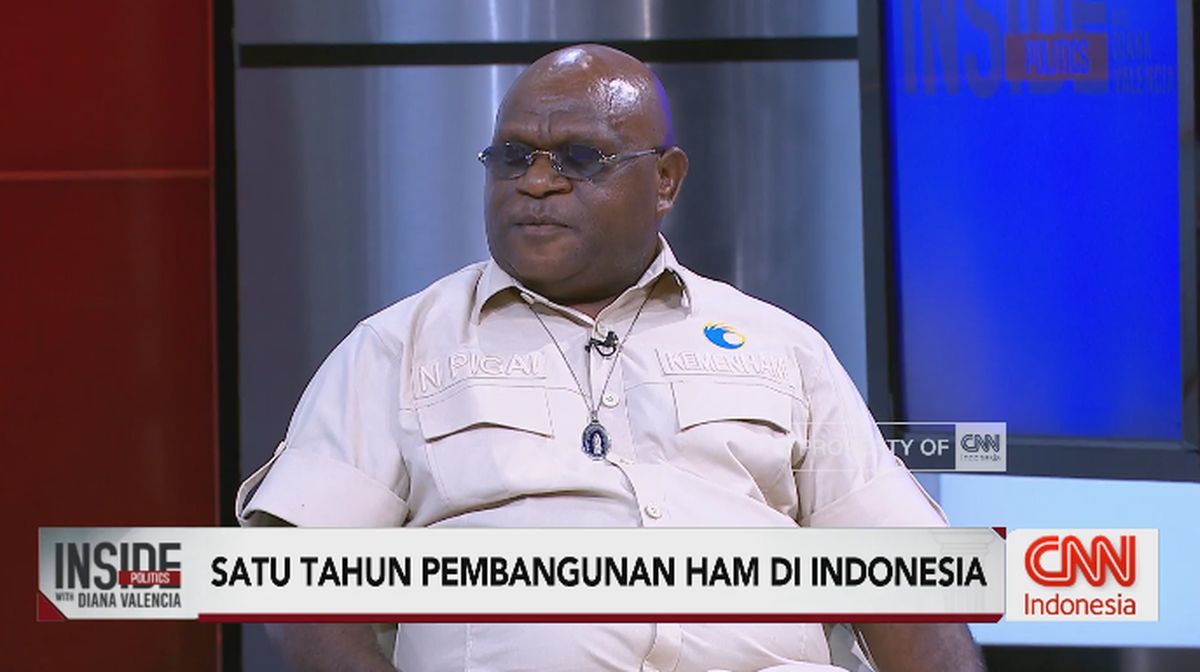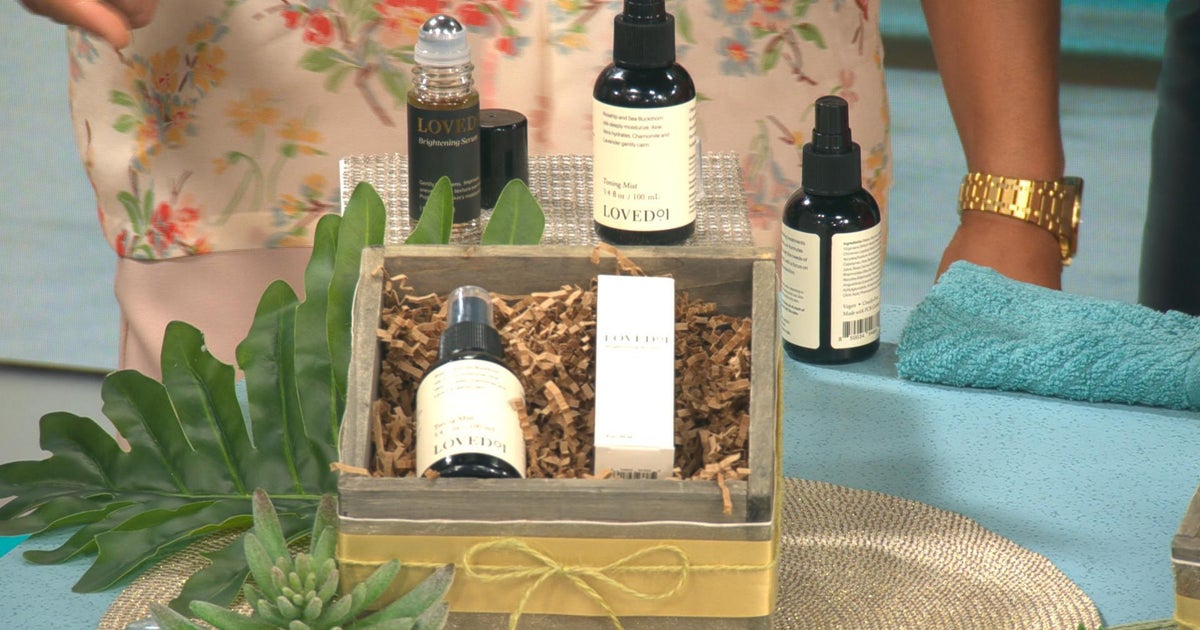Is rage a symptom of perimenopause, or are there just more things for 40-something women to be angry about? There aren’t many answers in clinical research, but on TikTok premenopausal rage is gaining attention – and it’s an issue some women are reporting to psychologists.
“I think it’s more that women feel more able to talk about how they feel because there’s greater acceptance of talking about strong emotions. When these emotions aren’t typical of how they usually are, women become concerned, and that’s when they often come for help,” says Dr Zena Burgess, chief executive of the Australian Psychological Society.
But maybe rage and short fuses are no surprise.

Sophie Toppeross, at home with her children Gigi, 4, and Hugo, 6. For many women in perimenopause, the demands are piling up.Credit: Sitthixay Ditthavong
“Demands on women are piling up, not easing off. They’re often keeping a lot of balls in the air without much support. They’re caregiving, they’re working, they’re cleaning – and there’s pressure to keep looking good. After years of managing so much and no one recognising what you do, there can be an ‘I can’t take it any more’ moment and a small thing becomes a big thing,” she says.
“Feelings of anger probably come from a mix of biological, social and cultural factors. There’s some evidence linking a drop in oestrogen to lack of confidence, anxiety and sleep disturbance – it may be that for some women, it’s the last straw they have to deal with.”
For Sophie Toppeross, there’s a lot going on in her life.
Loading
“My fuse is so short I go from zero to 100 very quickly, and I’m losing it with my kids when my kids are just being kids,” says the 45-year-old personal trainer and dance teacher in Sydney. “There are so many moving parts to my life now, and so little time that it makes me feel a sense of rage when I’m supposed to be calm and loving.
“Sometimes I wonder if it’s hormones, kids or sleep but blood tests show my oestrogen levels are normal. I think it’s multifaceted – you feel consumed by how much you have to do, yet you have to suck it up and be a good part of everyone’s happy day. ”
It’s hard to find answers. Until recently, perimenopause attracted little research and there aren’t many studies to go on, says Dr Lydia Brown, senior lecturer in the School of Psychological Sciences at the University of Melbourne.
“I hear women talk about rage as a symptom at perimenopause, but the link to hormonal changes isn’t strong. Problems with mental health have always been thought of as part of menopause, yet there’s also data saying women are often happiest in their 60s when oestrogen levels are low, and one study linked stable levels of oestrogen to more irritability, not less,” she points out.
“When I look at studies of women and mental health following women before perimenopause and beyond, there isn’t a strong link between perimenopause and depression, although women who’d had depression in the past had a higher risk. As for anxiety and perimenopause, there’s little research.”
There’s not much evidence that menopausal hormone therapy (MHT) helps with mental health either, except indirectly because it can improve symptoms that may affect mood like hot flushes and poor sleep caused by night sweats, Brown adds.
“But it’s complicated. Putting mood changes down to hormones is to dismiss issues like the fact women often have more of a caring role, for instance, but to ignore any potential role of hormones may be problematic too. It may be that some women are more sensitive to changes in oestrogen than others, just as some women are more likely than others to experience PMS [premenstrual Syndrome].”
Still, rage isn’t all bad. Sometimes it’s telling us something important, like we should be kinder to ourselves or get support, says Brown.
Her research area is mental health and menopause, including using self-compassion to help manage symptoms of menopause and perimenopause. Her 2023 study found that self-compassion in midlife appeared to reduce women’s chances of depressive symptoms later on.
Loading
“Self-compassion is about treating yourself with the same kindness and support that you’d treat others. It’s a skill you can learn, it can help build psychological resilience, and it’s useful at a time when women have so many demands on themselves, and self-care often goes to the bottom of the list,” she says.
“Some women have negative thoughts when they have hot flushes like, ‘I can’t be as efficient as I should be’ or ‘not again - why now?’ A self-compassionate approach would be to think ‘this is a moment of suffering but it will end. I’ll take a few breaths or go for a 10-minute walk or a break’. The more you practise, the easier it gets.”
If anger is ongoing, she suggests taking a wholistic view. Look at how much sleep you get, how much energy goes into others and not you, for instance, and see a good GP. “Make it a time to focus on improving your health and wellbeing.”
There’s also saying “no”, says Burgess. “I’m amazed at how many women can’t just say a gracious ‘no’ - even superheroes need a break.”
“A lot of women’s rage at this time of life comes from putting ourselves last, and living in a culture that doesn’t value women as they age,” says 46-year-old Nadja Ostro, a Noosa-based acupuncturist. “You have to work on your thinking and learn to value yourself. Things that wouldn’t have angered me five years ago can trigger me now, but I’ve found that journaling helps me unpack my feelings.
“If I’m angry, I write it down in my journal or do a voice recording on my phone. It’s a way of getting feelings out of my body and on to paper, and a way of stopping and being more mindful.”
And a compassionate partner helps too, she adds.

The demands on women during perimenopause are many. For partners, it’s worth asking what you can do to lighten the load.Credit: iStock
“He doesn’t take my anger personally. He understands I’m going through a rite of passage and he gives me space.”
For partners of perimenopausal women, Brown’s message is: don’t be scared.
“It’s a natural transition. Have an open conversation about what symptoms your partner might have and don’t put all her emotions down to hormonal changes. If she’s more irritable than usual, is it time for a relationship check-in, and review what you both do each week and how the responsibility is shared?”
Where can women get more help?
It’s okay to see what social media says about perimenopause and menopause, Brown says, but remember that social media loves drama – you can’t always count on balanced or detailed content. For evidence-based information she recommends the Australasian Menopause Society (it also lists doctors and health practitioners with an interest in menopause), or Jean Hailes for Women’s Health. For more about self-compassion, she recommends trying University of Texas Associate Professor Kristen Neff’s US based self-compassion website.
If you need help from a psychologist, Burgess suggests talking to your GP.
“With a mental health treatment plan from a GP, Medicare can provide a rebate for up to 10 sessions with a psychologist who can tailor the right approach for you.”
Make the most of your health, relationships, fitness and nutrition with our Live Well newsletter. Get it in your inbox every Monday.
Most Viewed in Lifestyle
Loading


















































